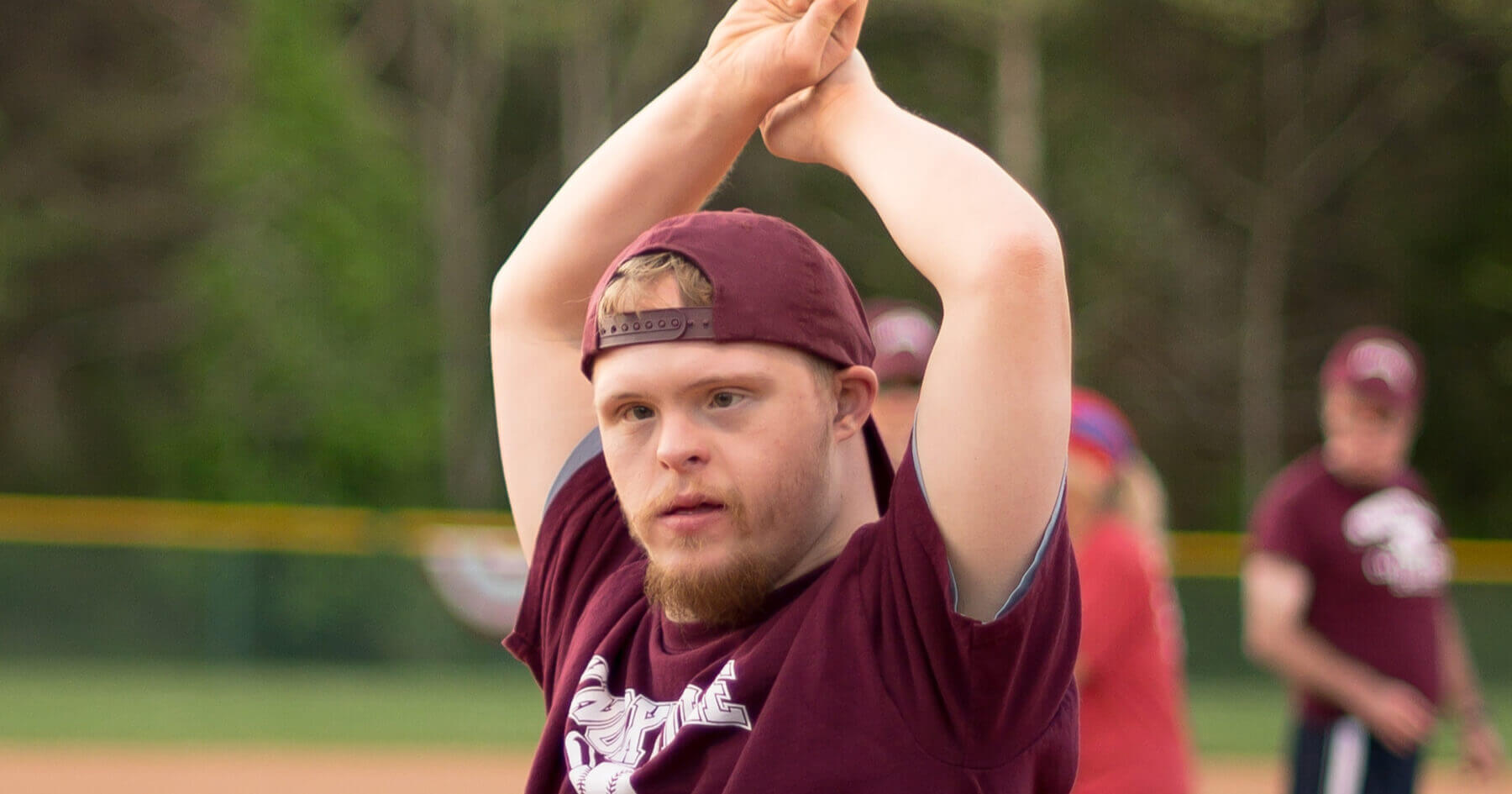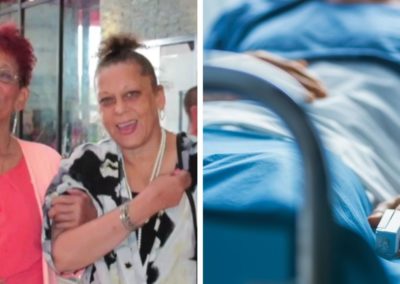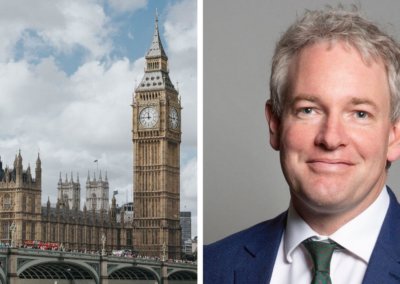People with learning disabilities have been given ‘do not resuscitate’ orders during the COVID-19 pandemic, which may have caused avoidable deaths.
Last year, the Care Quality Commission (CQC) found “evidence of unacceptable and inappropriate DNACPRs [Do Not Attempt Cardiopulmonary Resuscitation] being made at the start of the pandemic”.
The CQC interim report said: “Reports and studies have shown that there has been a disproportionate impact on a number of groups of people including older people, disabled people […]”
“The blanket and inappropriate use of DNACPR […] could have had an impact, including potentially avoidable death, on older people and disabled people living in care homes, including those with physical and sensory impairments, people with a learning disability or cognitive impairments such as dementia”.
Despite the report, the charity Mencap has said that it has received reports in January from people with learning disabilities that they had been told that they would not be resuscitated were they to become ill with COVID-19.
DNACPRs must be applied on an individual basis
While DNACPRs are usually made on an individual basis for people who are too frail or too unwell to benefit from CPR, Mencap reports that some people had been issued with a DNACPR simply because they had a learning disability.
Edel Harris, Mencap’s chief executive, said: “Throughout the pandemic many people with a learning disability have faced shocking discrimination and obstacles to accessing healthcare, with inappropriate Do Not Attempt Cardiopulmonary Resuscitation (DNACPR) notices put on their files and cuts made to their social care support”.
“It’s unacceptable that within a group of people hit so hard by the pandemic, and who even before Covid died on average over 20 years younger than the general population, many are left feeling scared and wondering why they have been left out”.
A spokesperson from the Department of Health and Social Care said: “It is completely unacceptable for ‘do not attempt CPR’ decisions to be applied in a blanket fashion to any group of people. This has never been policy and we have taken action to prevent this from happening”.
Following these reports, and their interim review in November 2020, the CQC has been asked by the Department of Health to undertake a review of the notices issued during the pandemic. Its results will be published later this year.
Right To Life UK spokesperson, Catherine Robinson, said: “The apparent discrimination against people with learning disabilities, as found in this case, is shocking. The Department of Health is certainly saying all the right things in terms of its condemning of this practice, but that it happened in the first place and, according to Mencap at least, appears to still be happening to some degree, is atrocious”.
“The CQC report expected later this year should give a better indication of the extent of the problem but if it really is the case that ‘blanket’ use of DNACPR was implemented for people with learning disabilities during the pandemic, it reveals dark attitudes that at least some people hold in the medical and caring professions about the value of such people’s lives. It reveals a culture which fails to value the lives of the most vulnerable in our society”.












